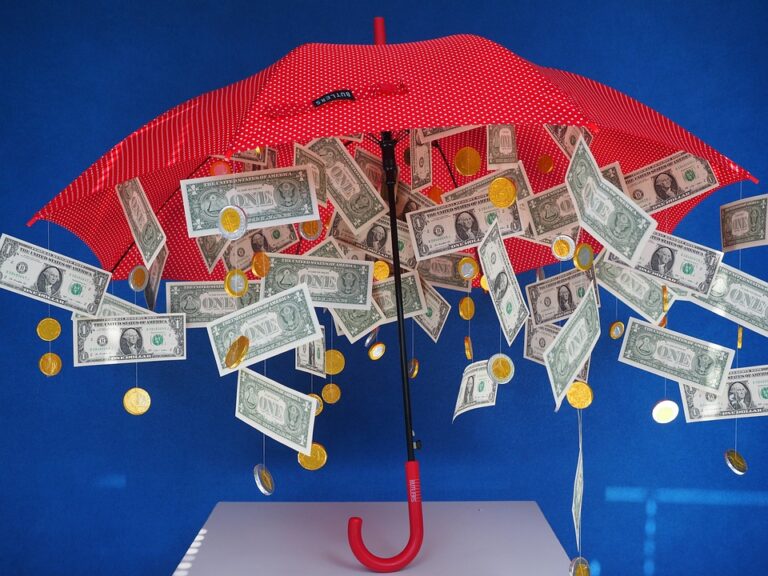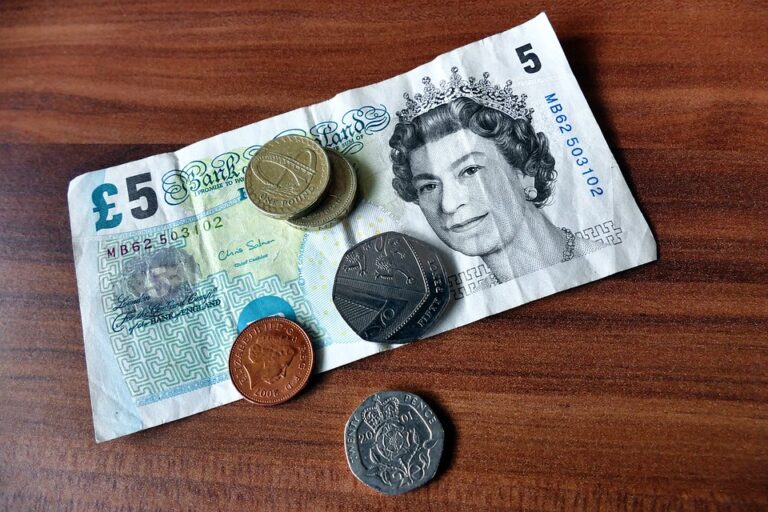Last updated Apr. 1, 2025 by Charles Zemub
Credit scores play a crucial role in determining an individual’s financial health. They affect your ability to secure loans, mortgages, and even influence rental and employment opportunities. However, building credit from scratch can be daunting. This article will guide you through effective strategies to establish credit when you have no credit history, making it easier to secure favorable loan terms and financial opportunities in the future. We’ll also include a short answer about building credit steps and a FAQs section to address common queries.
Understanding Credit and Its Importance
Before delving into building credit, it’s essential to understand what credit is and why it’s significant. Credit represents your ability to borrow money and your reliability in repaying it. Lenders use your credit score as a numerical representation of your creditworthiness. A higher score can result in lower interest rates, better loan conditions, and easier approval for various financial products. Hence, establishing credit early on is vital for ensuring a strong financial future.
Steps to Build Credit with No Credit History
1. Open a Bank Account
While a bank account might not directly influence your credit score, having an account is essential for managing your finances. It establishes a banking relationship and demonstrates financial stability to potential lenders.
2. Become an Authorized User
One of the simplest ways to start building credit is by becoming an authorized user on a family member’s or friend’s credit card account. As an authorized user, the primary cardholder’s positive payment history can reflect on your credit report. However, ensure that the primary cardholder uses the card responsibly, as negative behaviors can also affect your credit.
3. Apply for a Secured Credit Card
Secured credit cards are specifically designed for individuals with no credit history. These cards require a cash deposit that serves as collateral and sets your credit limit. By making regular, on-time payments, you can build a positive credit history. Over time, this can lead to the transition to an unsecured credit card.
4. Utilize Store Credit Cards
Store credit cards can be easier to obtain than traditional credit cards and often offer promotional discounts. These cards can help you build credit if you make regular purchases and pay off the balance each month. However, be cautious of high interest rates and limited usage outside specific stores.
5. Apply for a Student Credit Card
If you’re a student, consider applying for a student credit card. These cards are tailored for college students with little or no credit history. They often have lower credit limits and interest rates and can be a great starting point for building credit.
6. Make Regular, On-Time Payments
Once you have a credit card, the most crucial factor in building credit is making consistent, on-time payments. Late payments can significantly damage your credit score. Set up automatic payments or calendar reminders to ensure you never miss a due date.
7. Diversify Your Credit Mix
Your credit mix comprises the different types of credit accounts you have, such as credit cards, student loans, and car loans. While it’s not advisable to take on debt just to diversify, having a mix of credit types can positively influence your credit score if managed responsibly.
8. Monitor Your Credit Report
Regularly reviewing your credit report helps you track your progress and spot errors or fraudulent activity. You’re entitled to one free credit report per year from each of the three major credit bureaus (Equifax, Experian, and TransUnion). Dispute inaccuracies promptly to maintain a healthy credit profile.
9. Limit Hard Inquiries
Hard inquiries occur when a lender performs a credit check for a loan or credit application. Multiple hard inquiries within a short period can negatively impact your credit score. To avoid this, apply for new credit only when necessary and research lenders’ requirements before submitting applications.
10. Pay Off Balances in Full
Whenever possible, pay off your credit card balances in full each month. This practice not only avoids accruing interest but also demonstrates that you can manage debt responsibly, positively impacting your credit score over time.
11. Gradually Increase Your Credit Limit
As you establish a positive credit history, you may become eligible for credit limit increases. A larger credit limit can lower your credit utilization rate (the percentage of your available credit that you’re using), which can boost your credit score. Remember to use the extra credit responsibly to avoid accruing debt.
✓ Short Answer
To build credit from scratch, start by opening a bank account and becoming an authorized user on a family member’s credit card. Consider applying for a secured or student credit card to establish your own credit history. Always make on-time payments and monitor your credit report regularly to track progress and correct any inaccuracies. Avoid unnecessary hard inquiries by applying for credit only when needed, and work towards gradually increasing your credit limit while maintaining low credit utilization rates.
FAQs
1. How long does it take to build credit from scratch?
Building credit can take several months to a few years, depending on your financial habits. Consistently making on-time payments and responsibly managing credit accounts can expedite the process.
2. Can I build credit without a credit card?
Yes, you can build credit without a credit card by becoming an authorized user, taking out small personal loans, or paying a college loan. However, having a credit card can accelerate the process.
3. Does applying for multiple credit cards help build credit faster?
Applying for several credit cards within a short period can hurt your credit score due to multiple hard inquiries. It’s better to start with one or two simple credit accounts and build from there.
4. What should I do if I find errors on my credit report?
If you find errors on your credit report, contact the credit bureau to dispute the inaccuracies. Correcting these errors can improve your credit score.
5. Is it better to pay off my credit card balance in full or make minimum payments?
It’s best to pay off your credit card balance in full to avoid interest charges and demonstrate responsible credit usage, which positively affects your credit score.
Building credit from scratch requires patience, discipline, and strategic financial planning. By understanding the mechanisms that influence credit scores and adopting responsible credit behaviors, you can establish a strong credit history that opens doors to better financial opportunities. Remember, building and maintaining credit is a long-term commitment that pays off significantly over time.




